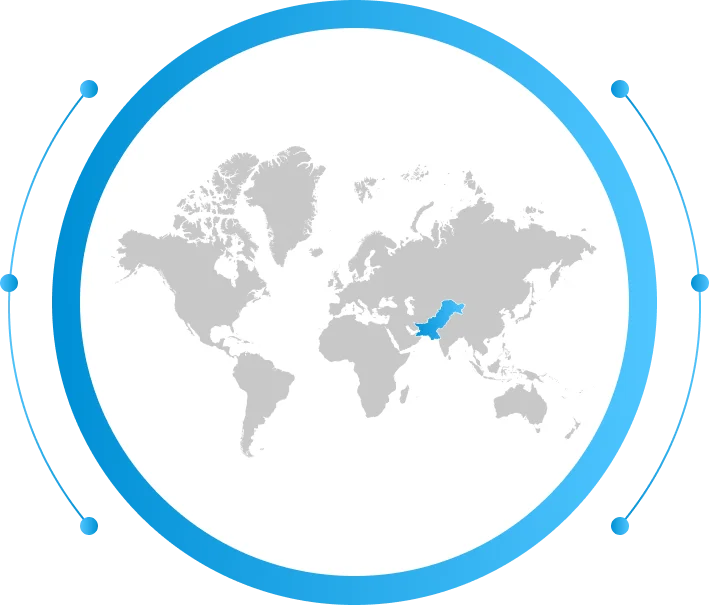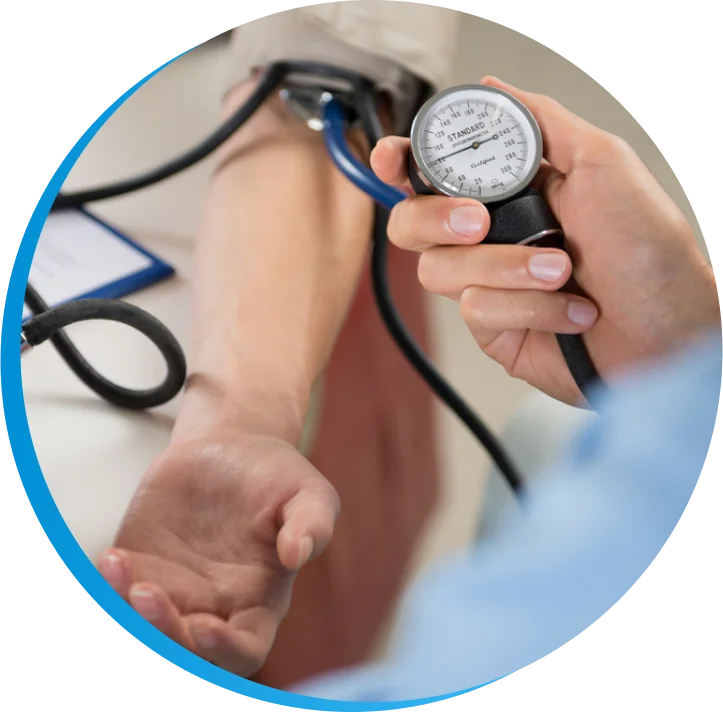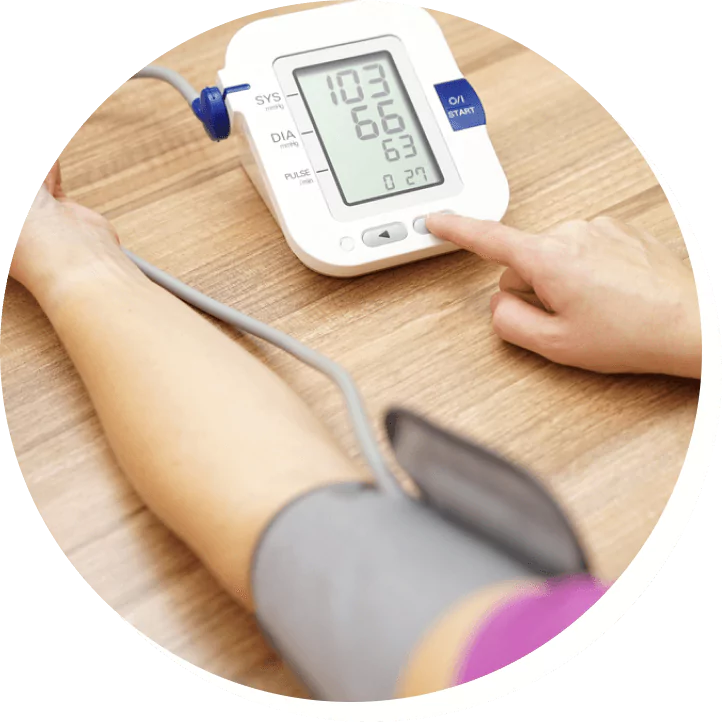
Cardiovascular diseases (CVDs) are a group of disorders of the heart and blood vessels CVDs are the number one cause of death and disability, globally. Hypertension, or high blood pressure, is a leading risk factor for CVD and causes over 10 million1 deaths worldwide each year.

Over 75% of CVD deaths occur in low and middle income countries
17.9 million people die each year from CVDs – an estimated 32% of deaths worldwide
85% of CVD deaths are due to heart attacks and stroke
1 in every 4 middle aged
adult has coronary artery disease 3
span>47 people die of heart
attack every hour 4
400 people die of stroke
everyday while an estimated 1,000
suffer from paralysis 5
Over 75% of CVD deaths occur in low and middle income countries
17.9 million people die each year from CVDs – an estimated 32% of deaths worldwide
85% of CVD deaths are due to heart attacks and stroke

1 in every 4 middle aged
adult has coronary artery disease 3
span>47 people die of heart
attack every hour 4
400 people die of stroke
everyday while an estimated 1,000
suffer from paralysis 5
Hypertension or High Blood Pressure (HBP) is called a "silent killer". Most people with hypertension are unaware of the condition because it may have no warning signs or symptoms. Therefore, it is essential that blood pressure is measured regularly.
HBP is when the force of blood flowing through your blood vessels, is consistently too high.
The best way to know if you have HBP is to have your blood pressure checked.

The first (systolic) number represents the pressure in blood vessels when the heart contracts or beats. The second (diastolic) number represents the pressure in the vessels when the heart rests between beats.
|
Blood Pressure Category |
SYSTOLIC mm Hg |
And/Or |
DIASTOLIC mm Hg
|
|---|---|---|---|
|
Normal |
LESS THAN 120 |
And |
LESS THAN 80 |
|
ELEVATED |
120 – 129 |
And |
LESS THAN 80 |
|
HIGH BLOOD PRESSURE |
130 – 139 |
Or |
80 – 89 |
|
HIGH BLOOD PRESSURE |
140 OR HIGHER |
Or |
90 OR HIGHER |
|
HYPERTENSIVE CRISIS (consult |
HIGHER THAN 180 |
And/Or |
HIGHER THAN 120 |
A stroke happens when blood stops flowing to any part of your brain, damaging brain cells. The effects of a stroke depend on the part of the brain that was damaged and the amount of damage done.
It’s possible to keep yourself and your loved ones safe from a stroke. If you are above 40 and have hypertension, diabetes or a heart disease, visit certified Zindagi clinics to prevent your chances of stroke

American Heart Association7 recommends making smart food choices, understanding serving sizes, calorie control and eating smaller portions to keep the heart healthy and fit.

2 - Cardiovascular diseases (CVDs) (who.int) last accessed on Sep 15, 2023
3 - Heart Attack Cases in Pakistan | MMI
4 - Heart disease in Pakistan | Pakistan Today
5 - 400 people die of stroke daily in Pakistan: experts - Newspaper - DAWN.COM
6 - Stroke Facts & Statistics - Stroke Awareness Foundation (strokeinfo.org)